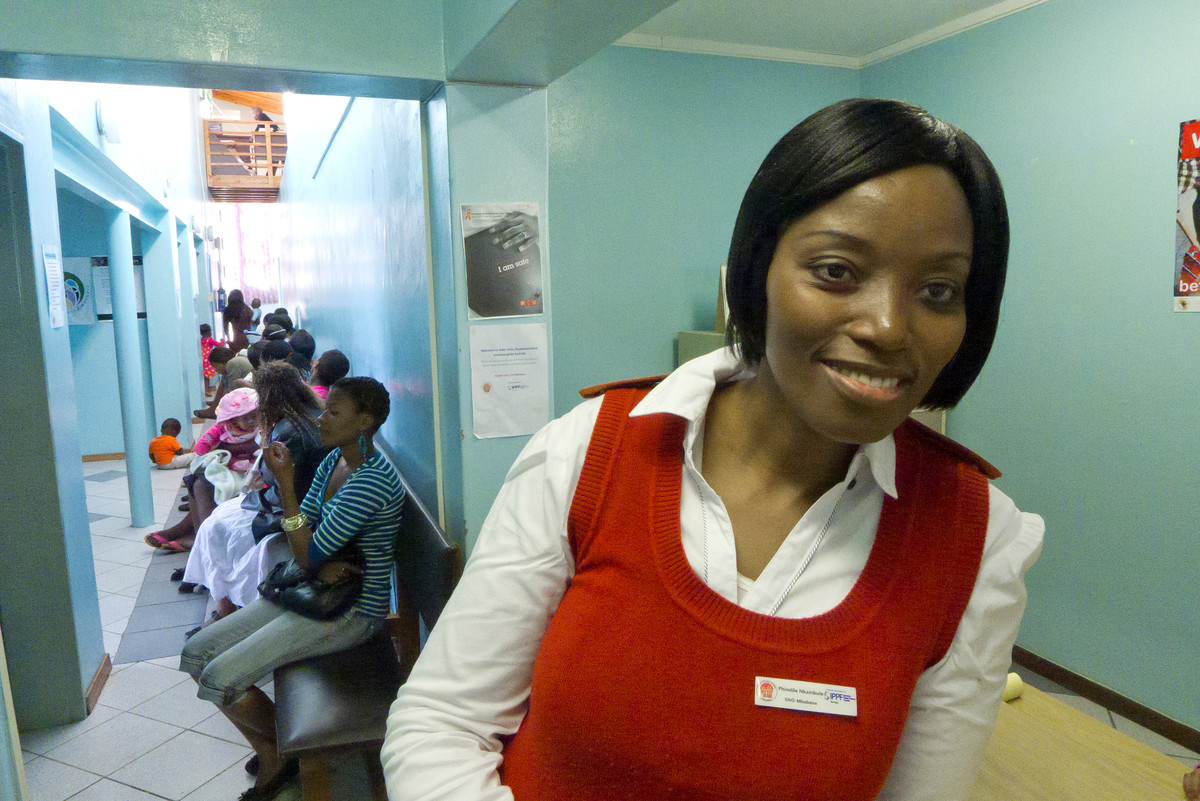For over 25 years, the world has lived with uncertainty over whether the use of hormonal contraceptives increases HIV risk. This led to the development of the Evidence for Contraceptive Options and HIV Outcomes (ECHO) trial, with the aim of helping to clarify this critical public health concern.
The ECHO trial is an open-label randomised clinical trial that compares three highly effective, reversible contraceptive methods to determine if there is a link between the use of any of these methods to an increased risk of HIV acquisition.
ECHO seeks to determine the possible risks (HIV acquisition) and benefits (pregnancy prevention) of the three commonly used effective contraceptive methods among women who desire contraception.
Study Locations
The study took place in 12 sites in four countries across Eastern and Southern Africa -Eswatini (Swaziland), Kenya, South Africa and Zambia between December 2015 and October 2018.
A total of 7,830 women aged 16-35 years were enrolled in the ECHO trial. They were randomly assigned to the three contraceptive methods.
ECHO Trial Concerns
Prior to the start of the trial, some concerns were raised about the feasibility of the study. These included:
a) The feasibility of enrolling and randomizing 7,800 women to different contraceptive methods
b) Achieving high contraceptive method continuation in the trial
Addressing the first concern, the ECHO trial emphasized enrolling only women who were genuinely willing to use any of the three methods. Those who appeared to favor one method over another were counselled and discouraged from enrolling.
During screening, women received extensive counseling on all the risks and benefits associated with each study method.
After screening, they returned to the study site within 42 days. This period allowed them time to reflect on their participation in the study and their willingness to use any of the three methods. It also helped in necessitating their return to the study site to voluntarily enroll in the study.
The study metrics agreed upon prior to the study specified an acceptable enrolment rate and rate of refusal to be randomized. With this regard, plans were put in place to stop the trial if enrolment performance was poor.
On 12 September 2017, the ECHO trial closed recruitment, having randomized 7,830 women with low refusal rates at global level.
FLAS’s Participation
In the Kingdom of Eswatini, IPPF’s Member Association -the Family Life Association of Swaziland (FLAS) participated in the ECHO trial. In this implementation site, 502 women were randomized - also with low refusal rates.
Thus, the ECHO trial was established as one with feasible enrolment rates, with the ability to randomize women to contraceptives and still achieve high retention rates. FLAS implemented this study in partnership with ICAP Eswatini and the Ministry of Health.
The ECHO trial results will be released in the coming months.
This was a first clinical trial for the country and therefore, there was so much to learn for both the ethics committee, researchers and service providers who participated in the study. There was also plenty for FLAS to learn from and share.
UPDATE: ECHO STUDY RESULTS (JUNE 2019)
The results of the ECHO study were published on 13 June 2019. The study found no significant difference in risk of HIV infection among women using one of the contraceptive methods. Speaking following the announcement of the study results, Ms. Zelda Nhlabatsi, FLAS Executive Director said:
“FLAS is happy to have been part of this study that contributed to clarifying a global concern; the uncertainty of whether hormonal contraceptives increase the risk of HIV acquisition. Even though the ECHO results have indicated that the hormonal contraceptives do not increase the risk of HIV acquisition, the study also revealed a high HIV incidence among the study population, which indicates the need to emphasize dual protection (condoms and family planning) among women who seek contraceptives. The message from this study is clear – condoms remain important when you take contraceptives.”
The participation of FLAS in the ECHO trial was identified as one of the Member Association’s Good Practices during the 3rd Cycle of Accreditation. A Good Practice is an activity or practice that has been proven to work and yields positive results. The sharing of Good Practices by IPPF Member Associations offers learning experiences for their counterparts.
Featured photo: clinician in a waiting room full with women on the background. Photo credit: IPPF/NancyDurrellMcKenna/Swaziland
See other Good Practices from our Member Associations:
Leading Efforts to End Child Marriage: The Case of Senior Chief Theresa Kachindamoto of Malawi
Mobile Clinics in Cape Verde: Taking Services Closer to the People
Awarding the Best Performing Clinics: Lesotho Planned Parenthood Association (LPPA)
What’s in a Game? ABUBEF’s use of Playing Cards for Youth SRHR Education
For more information about the work of IPPF Africa Region, follow us on Facebook and Twitter.
when
country
Burundi
region
Africa
Related Member Association
Association Burundaise pour le Bien-Etre Familial









